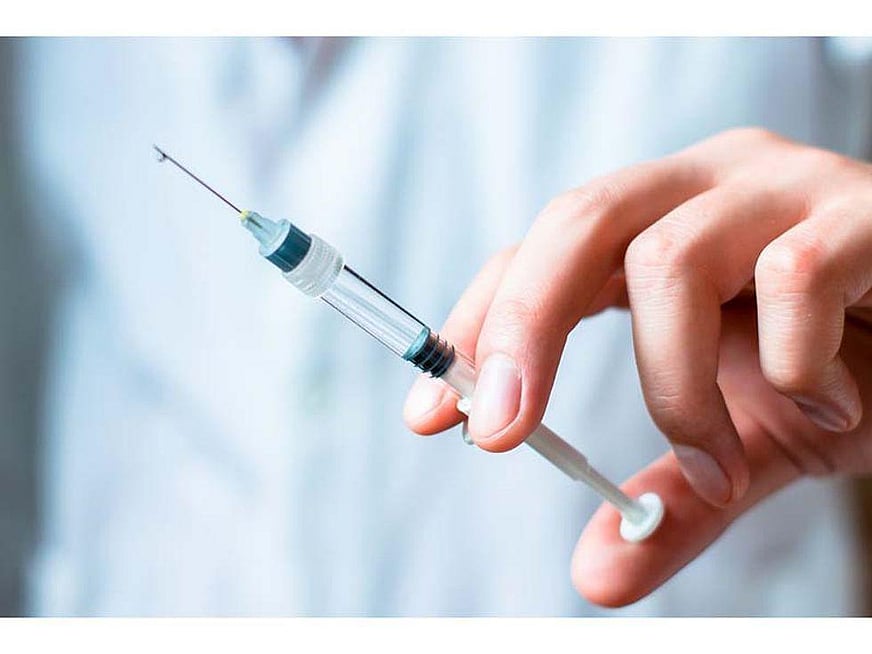Pfizer Warns of Shortage of Antibiotic Used to Fight Syphilis

FRIDAY, July 7, 2023 (HealthDay News) -- Infectious disease experts are warning that a shortage of a key antibiotic for treating syphilis could make it hard to fight the spread of the disease.
The United States already has a big problem with syphilis, with cases rising for more than 20 years. Cases increased nearly 75 percent between 2017 and 2021 alone, bringing the number to more than 176,000 in 2021, according to the U.S. Centers for Disease Control and Prevention. Meanwhile, drugmaker Pfizer recently announced the shortage of its Bicillin L-A, also known as penicillin G benzathine, which could continue into next year.
Reasons for scarcity of the long-acting injectable antibiotic include increasing demand because of the rising number of syphilis infections. The medication can also be used in place of amoxicillin to treat infections like strep throat as amoxicillin has also been scarce recently, The New York Times reported.
Among the concerns is congenital syphilis, which has a high fatality rate and can also lead to severe birth defects, The Times reported. Bicillin is the only recommended treatment for infected pregnant women.
Pfizer spokesman Steven Danehy told The Times it will likely take a year to increase production by 50 percent.
The CDC is recommending that doctors give preference for the medication to pregnant patients and infected or exposed infants. Others should be prescribed doxycycline for two to four weeks.
Related Posts
Regular Use of Laxatives Linked to Risk for All-Cause Dementia
THURSDAY, Feb. 23, 2023 (HealthDay News) -- Regular use of laxatives, especially...
Reported Smoking Prevalence Lowest Since 1965
THURSDAY, May 4, 2023 (HealthDay News) -- Overall, 18.7 percent of U.S. adults...
Pill to Counter Postpartum Depression Looks Good in Trial, May Gain FDA Approval
WEDNESDAY, Aug. 2, 2023 (HealthDay News) -- All eyes are on the U.S. Food and...
Las personas subestiman el impacto de los gestos de amabilidad sin motivo
MIÉRCOLES, 24 de agosto de 2022 (HealthDay News) -- Invitarle un café a alguien...
